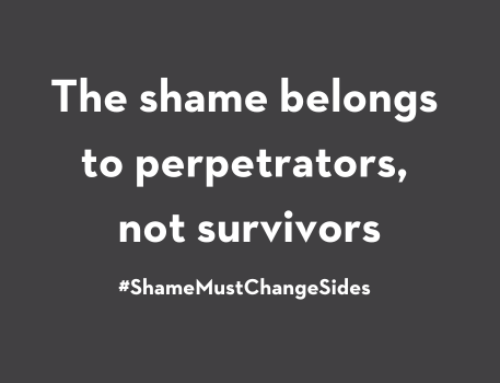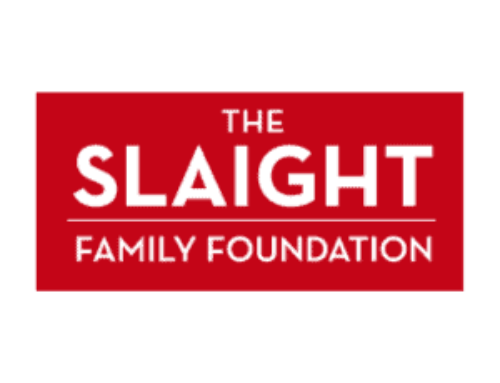
Well, back-to-school season is in full swing—time for new backpacks, the latest tablet, and trips to IKEA to furnish the dorm room.
It’s also time to talk about sexual consent.
At college and university frosh weeks across Canada, presentations on conversations about consent and rape culture are increasingly being added to the usual picnics, movie nights, and pop up cafes. Some universities have worked with local women’s organizations to create brilliant educational campaigns, like this one at McMaster. At its Ayamdigut campus in Whitehorse, Yukon College made informed consent the centerpiece of its entire orientation week. And it seems some post-secondary institutions will do just about anything to get the kids interested—in Halifax, Mount Saint Vincent University followed its discussion about consent with a round of sex toy bingo.
It’s great to see schools taking action, especially when an exclusive CBC News investigation found reporting rates for sexual assault at post-secondary schools in the country to be “laughingly low.” In fact, ten schools were unable to provide a complete set of data broken down by calendar year.
But good examples of proactive conversations around consent are still rare and reveal a shockingly patchwork approach to a very serious issue with a very high price. The cost of sexual assault in Canada has been estimated at $4.8 billion. Yes, you read that correctly.
Understanding consent is an important part of the work to end sexual violence, but we still have a very long way to go.
And it’s not just young adults who need a lesson.
As this Canadian Women’s Foundation poll makes clear, two-thirds of Canadians don’t understand that consent must be both positive and ongoing. According to the data, people of all ages are confused.
Positive consent means people must show—by what they say and do—that they freely agree to take part. “I’m not sure” is not consent. Turning away is not consent. Silence is not consent.
Ongoing consent means that people continue to agree over time. People have the right to change their minds and to agree to some things but not others.
Consent is really just a two-way exchange to give and get permission.
The extent of our collective confusion about sexual consent is worrisome.
In the poll, one in ten Canadians said spouses or long-term partners no longer need to worry about getting each other’s consent. This is incorrect. No matter how long you’ve been together, it still matters whether your partner is willing or not.
One-fifth of young people in the poll said when a woman sends a man an explicit photo through text or email, she is consenting to real-life sex. Nope! Agreeing to send a photo means you agree to send a photo, period.
In the same way, if someone agrees to kiss you, it means they agree to kiss you. If you want more than a kiss, you need to make sure you have their positive and ongoing permission.
If we want to end sexual violence, we must keep the conversation about consent going. That’s the only way attitudes and behaviours will change. That’s the only way to help more people to understand that getting and giving consent is simply about caring how other people feel, valuing what they want, and seeing them as equals.
When we start from there, the confusion vanishes. When we start from there, we can finally begin to build a culture of consent in which all sexual activity is wanted.
No matter how old we are, we all need to understand how to give and get consent. At the end of the day, it’s all about respect.
Sounds like a great lesson to me.
To learn more about consent, visit getconsent.ca.
Learn More
- Who's afraid of consent?
- Two Reasons Canadians Are Confused About Sexual Consent
- Consent: Not actually that complicated
Take Action
- Share our #GetConsent video and raise awareness about the importance of sexual consent.
- Follow us on Facebook and Twitter to join a national conversation on consent.
- Sign up for our e-newsletter to have our latest stories and resources sent to your inbox.
- Help us educate Canadians about consent and fund community programs that stop violence and rebuild lives–donate now!







